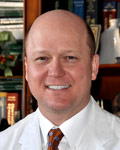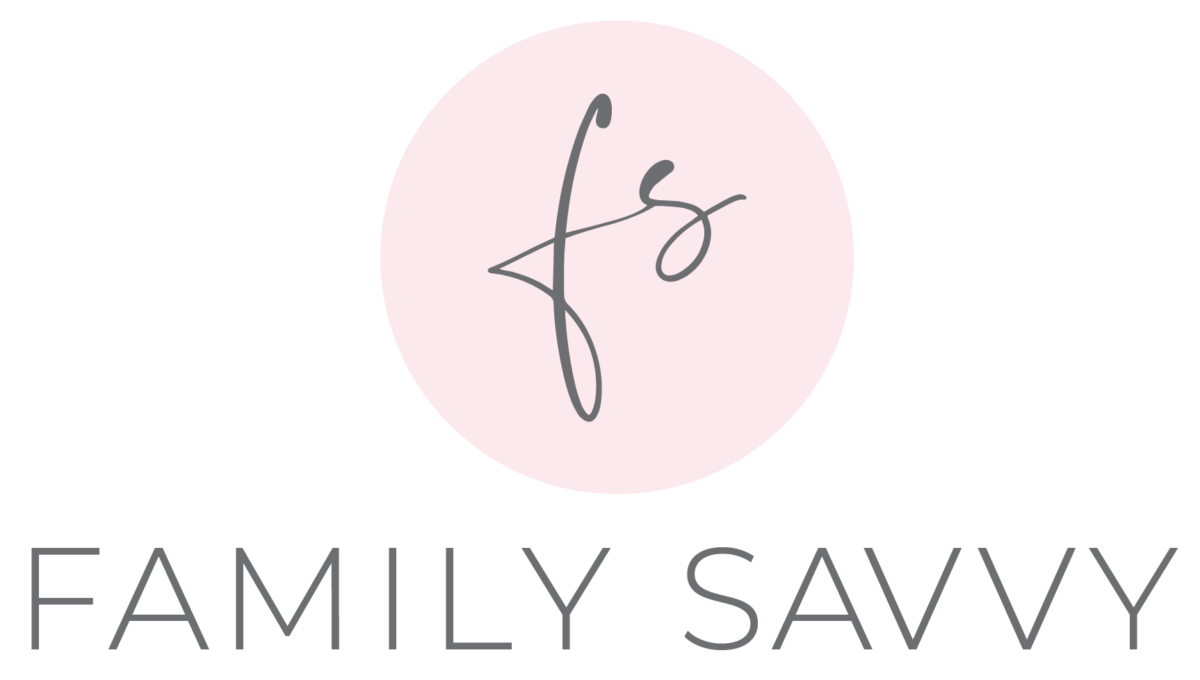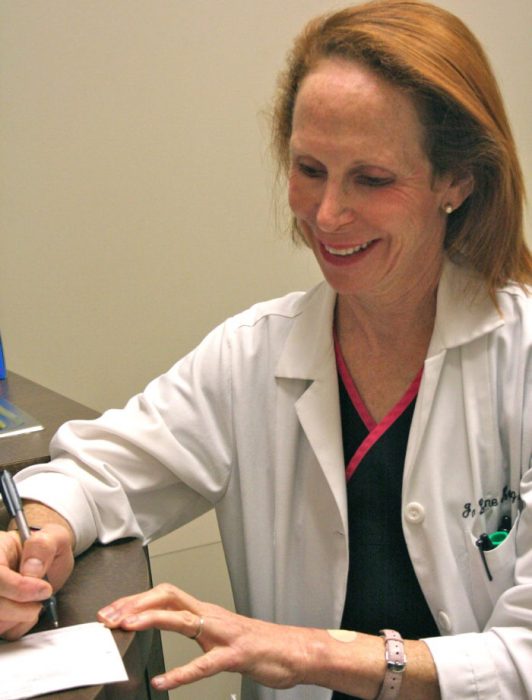My OB/GYN’s Advice On Using Estrogen To Treat Menopausal Symptoms
 I am pleased to introduce Dr. Greg Banks as Family Savvy’s newest expert contributor. Dr. Banks practices obstetrics and gynecology at Alabama Women’s Specialists at Brookwood Medical Center in Birmingham, Alabama, and has been my physician for more than fifteen years. His knowledge and expertise of all aspects of women’s health is a welcome addition to Family Savvy, and I am grateful that he has agreed to come on board. To read more about Dr. Banks, click here.
I am pleased to introduce Dr. Greg Banks as Family Savvy’s newest expert contributor. Dr. Banks practices obstetrics and gynecology at Alabama Women’s Specialists at Brookwood Medical Center in Birmingham, Alabama, and has been my physician for more than fifteen years. His knowledge and expertise of all aspects of women’s health is a welcome addition to Family Savvy, and I am grateful that he has agreed to come on board. To read more about Dr. Banks, click here.
In today’s post, Dr. Banks sheds some light on the topic of hormonal treatment of menopausal symptoms.
Dr. Greg Banks
Menopause is like puberty in reverse. Puberty is getting accustomed to hormones; menopause is learning to be without them. This can be one of the hardest times in a woman’s life, especially when coupled with increased demands from family, work, spouses, and more.
The drug withdrawal from estrogen is best replaced by estrogen. This drug should be as safe in menopause as it is before the golden years. The Women’s Health Initiative study that initially condemned estrogen actually showed no increase in breast cancer in the arm of the study where women had had a hysterectomy and were on estrogen alone.
If estrogen is truly unsafe, then it is unsafe in the doses placed in birth control pills for use in teenage years to age 51. I tell my patients that if they need the medicine to make life more bearable to take it–unless they have breast cancer. In patients with known disease, the medicine can fuel the cancer if receptors for estrogen are present. Apart from the risk factors, estrogen decreases bone loss, improves hot flashes and night sweats, and cures the woes of vaginal dryness.
Estrogen can be given in FDA approved forms from plants or horses and can also be synthesized by bacteria. Natural or bio-identical hormones are still estrogen; they are just not regulated by the FDA. No hormone can work if it is not bio-identical. It is like plugging a 3-prong plug into a 2-prong electrical outlet. If it is not bio-identical, it just won’t fit–whether it is “natural†or FDA approved.
That being said, women respond to the same estrogen in different ways. For many, the FDA meds work as pills, patches, or creams. Others require compounded or “natural†hormones, and still others do better with pellets. Just be aware that if you have a uterus, you must take progesterone with the estrogen to prevent uterine cancer. For many, the progesterone is useful even if a hysterectomy has been performed.
If you have a low libido, testosterone can be as important to you as it already is to your husband. My advice is to shop until you get the right combination for you. Your hormones are as individual as you are. Judge how much you need by the way you feel on the medicine rather than by taking an arbitrary level.
If you are unable to take estrogen, sometimes a low-dose antidepressant like Lexapro, Zoloft, or Paxil may help the symptoms of menopause. Compounded Bellergal may also help.
If managed well, the mature woman can travel through menopause as easily as she did puberty. Of course, life itself might still pull you in myriad directions, and hormonal storms can still hit, sending you heading for shelter. But don’t lose heart. You can find that shelter if you are patient. You can work with your doctor to find the right combination that works for you. Most women really can enter the years of elegance with their symptoms in check and sanity intact.




